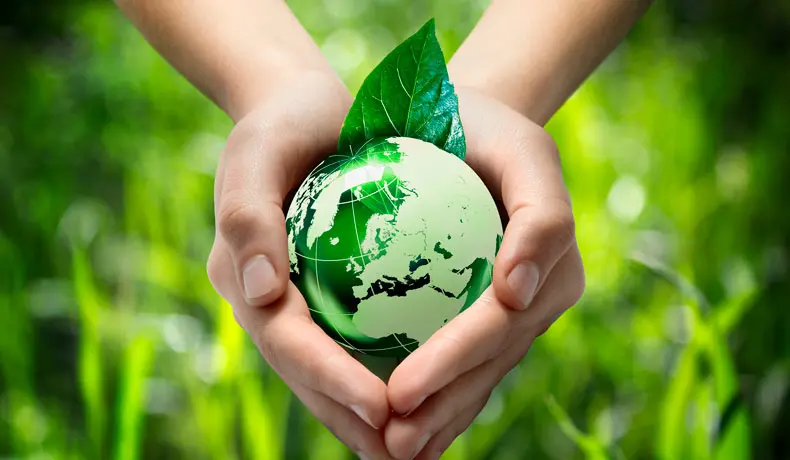We have noted how the world is falling short on reducing greenhouse gas emissions and in efforts to adapt to the changing climate. Actions and support to the African continent remain very insufficient yet climate risks continue to escalate. These are increasingly devastating the lives and livelihoods of vulnerable African communities. The Intergovernmental Panel on Climate Change (IPCC) has warned that even if effective actions to limit global temperature increase to 1.5°C have been put in place; losses and damages stemming from climate change are not preventable in certain instances, due to a “locked-in” level of global warming that is already causing unavoidable consequences.

The African people are faced daily with the devastating impacts of climate change that always result in unquantifiable damages, with massive degradation of homeland, farmland, cultural heritage, societal identity, biodiversity, and ecosystems. Apart from these adverse events leaving most families helpless and broken, on a large scale it further degrades already struggling economies in our low income countries, frustrating our potential to develop as an African continent.
Someone out there might surely wonder why we keep ranting about Loss and damage and what encompasses it: It can often be categorized as either economic or non-economic. Economic loss and damage are the negative impacts that we can assign a monetary value to: such as infrastructure that has been damaged due to a flood, or the loss of revenue from agricultural crops that were destroyed due to drought. On the other hand, non-economic loss and damage includes the negative impacts which are infeasible to assign a monetary value to. These are things such as trauma from experiencing a tropical cyclone, loss of community due to displacement of people, or loss of biodiversity. The African perspective usually relates to this by looking at the loss of lives and hard earned gains. Therefore, to an African activist, climate action is a fight for humanity and an inheritance for future generations.
Even though there is an obvious growing imperative to address what’s at stake, this reality of loss and damage should be visualized by everyone worldwide and considered as an emergency that must be addressed now, and not tomorrow. In mid-October,an annual World Bank and IMF(International Monetary Fund|) meeting was held, where they explored how to respond to intertwined global challenges including climate action. However, we are afraid to say that these institutions are still lagging behind in spearheading and showing their relevance in addressing climate adaptation in Africa. Their priority must be fighting for increased access to public and private financing and debt relief for African countries.
It’s very unfortunate that even though the African continent boasts promising opportunities for clean energy and is rich in mineral resources essential for the ecological transition; funding often bypasses it, or focuses on exports rather than local economic transformation. Additionally, several uniform policy approaches on African countries have only worsened the climate crises. For instance, Africa is meant to go through lengthy and strict processes to justify why it needs resources to support certain green projects. This adherence to specific orthodox macroeconomic principles is less strict when applied to wealthier countries. But it’s inflexible for vulnerable African countries. We emphasize that a transformed financial system is essential to support sustained growth that benefits everyone, and bolsters climate resilience.
Agape earth coalition is actively committed and engaged in the sensitization of all African activists and leaders on a reform agenda that is set to reshape the approach to the African climate crisis, by advocating for our leaders to focus on climate investment on the continent and to consolidate a unified African stance on climate finance. The climate disasters on our continent may become increasingly difficult to face with time if there is no urgent sensitisation and intervention done .Our vulnerable African populations such as people of low socio-economic class, migrant groups, the elderly, women and children, who are the major victims of this terrible crisis should atleast have access to Loss and Damage funds incase need arises. Different resilience mechanisms should equally be in play in our communities to empower and build capacity of the disadvantaged. We have to stand up tall as an immense symbol of resilience for their cries to be heard internationally. We have to combine our voices like thunder; bearing witness of our experiences as the African people , and sharing them bravely with innovative solutions in mind working to protect our people.The world cannot ignore our sound.
